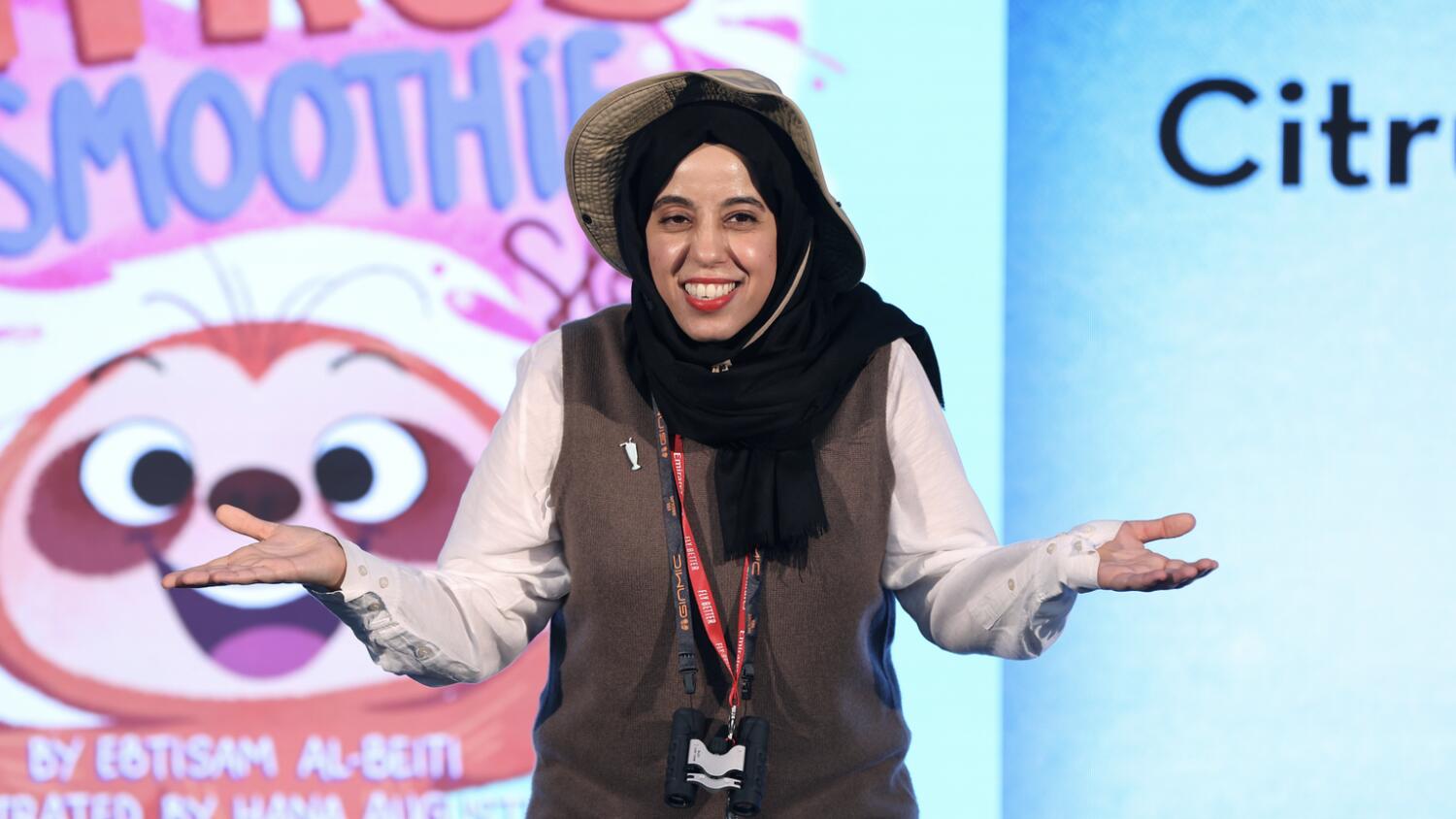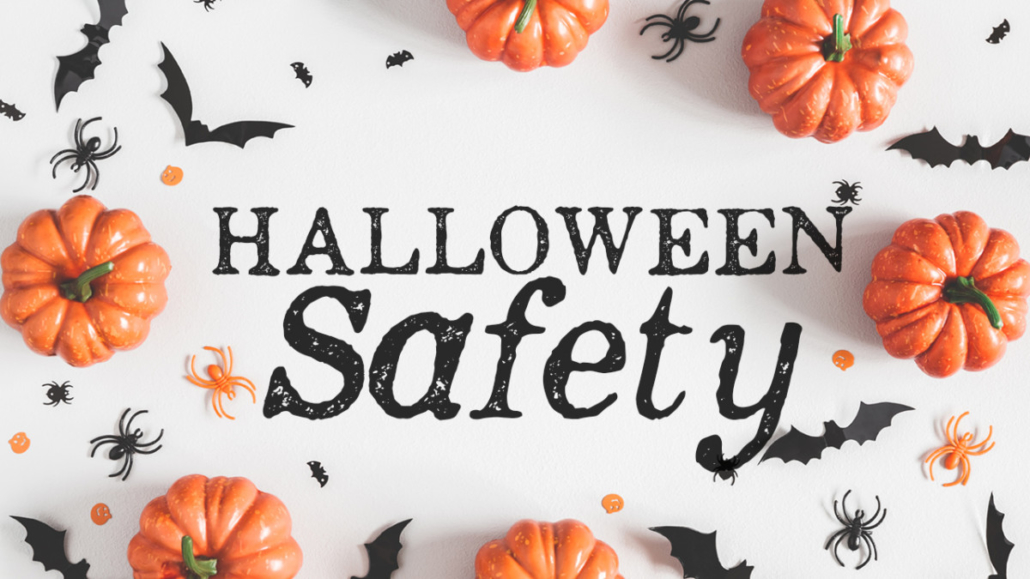UAE: Introducing the writer-teacher-turned-author who 'performs' her own stories.
- byAdmin
- Jul 1, 2024
- 1 year ago

There has never been a dragon more blue than Blue. She is proud of being blue, but when she discovers a brown egg in her den, everything changes. Blue has to locate the egg when it vanishes one day and changes hue while travelling. Will a dragon emerge from the egg that is as blue as she is? If so, would her parents think of her as a unique blue dragon forever?
Blue's world is our world, our world as parents. a world that unnerves us despite the fact that change is inevitable. Ebtisam Al-Beiti, an Emirati children's book author, has skillfully envisioned a universe in A Dragon Called Blue where happiness and grief are equally abundant, and our perception determines which we feel. She's going to the prestigious Bradford Literature Festival later this week, thanks to her straightforward yet powerful work. Naturally, Ebtisam, a former early childhood educator, is ecstatic. She claims that it does two things: first, it draws attention to children's literature; and second, it highlights Emirati writers.
Ebtisam is accurate in both aspects. The Emirates has hosted several Arab children's writers over the years. "There is undoubtedly a movement in the UAE wherein the government supports campaigns like National Reading Month. It piques our interest in joining this movement. We are laying the groundwork for future writers to join this, she continues, by doing this.
That assertion has a lot of validity. It's clear from Ebtisam's own life. If she never saw herself as a writer, it was simply because she had always had a strong love for instructing. Like many of us, she was the vice-principal of a nursery when the epidemic altered our lives. During the lockdown months, Ebtisam wrote her first children's book, Can I Go Out Now?, and her second book, Citrus The Smoothie Sloth.
However, she encountered what is known as the "curse of the third book" when working on her subsequent endeavour. "I was inspired and lacking in ideas. I was having writer's block," she remembers. "In the trash, I had a bunch of crumpled papers. My concept for A Dragon Called Blue took a whole year to come to me. Seeing her identical twin in Scotland proved to be beneficial. Her imagination required fuel, and the change of environment provided it. Her trip to Scotland happened to coincide with the nation witnessing the Northern Lights for the first time ever.
Ebtisam claims, "I never managed to see it." But there was a pleasure to waiting for it night after night. For this reason, she made the decision to write about the concept of waiting, which would serve as A Dragon Called Blue's subtext. "You are feeling a range of emotions as you wait for something you have never seen before. I believed I could simplify this concept for kids. Our responses to change are different when we're young. According to her, the novel's egg changes colour, serving as a metaphor for the shifting feelings.
One of those difficult categories to write in is children's fiction. It's not always simple for adults to get inside their world and comprehend how kids see it. Ebtisam's expertise in teaching comes in very handy here. "I am aware that different milestones occur at various periods, and we assist them in reaching these goals. In my narrative, I make advantage of this trope. For instance, I address the surroundings in Can I Go Out Now? However, I have to make it relevant to my readers, who are primarily between the ages of two and five. Thus, I flip some ideas on their head: the land is not green, and the ocean is not blue. And it makes them wonder why that is the case. Is this the method by which you present to them the concept of environmental change?
Ebtisam is an enthusiastic supporter of the environment and thinks it's ideal to introduce the topic to kids at a young age. They will have to contend with this world. Despite its title, which implies staying indoors, Can I Go Outside Now? is about the planet. Little Earth, where kids were going through what they were going through, was what I wanted for my primary character. Due of his illness and the state of the environment, Little Earth remains indoors. There is a deficiency of trees being planted, pollution of the river, and tree cutting. Children are prompted to think and are curious about it.is also aware of how difficult it is to retain children's attention in the digital era. She therefore makes it a point to act out the scenarios using various props whenever she reads a paragraph from her book. "The ability of children to concentrate has changed. Thus, in order to get kids back into reading, we need to work a bit more. Observing how kids respond to my performances brings me great joy. When I recite a piece about flight, they are actually flying with me. They swim with me when I read a paragraph on swimming, the woman claims. "I don't think technology is inherently harmful. Rather, I believe we should welcome it. I used to use my iPad a lot while I was a teacher. However, it's how we manage technology.Both technology and books have their purpose.
Children's books are a sensory experience for young readers, thus the art is what really makes or breaks a book in this category. And Ebtisam is sufficiently aware of its significance. "Your book will fall apart even with the best storyline; if the pictures fall short, they will ruin everything. For young readers, illustrations contribute to the book's world-building. Because you want the artist to accurately depict your tale, choosing the perfect one is actually the hardest step.
Ebtisam has been collaborating with Hanna Augustine and Timotius A. Gracious, an Indonesian husband and wife team of illustrators. "I worked for Timo after working with Hanna. It was intriguing for me to collaborate with a person from a different area. After hearing the plot, they interpret the characters in their own words. This means that while writers might suggest clothes for their characters, artists are ultimately responsible for their appearance. You develop a relationship with your illustrators as an author by providing them with feedback but also allowing them the room to work," the author explains.
As the Bradford Literature Festival gets underway on June 28, Ebtisam—who previously gave up on a bright future in teaching to pursue a full-time career as a children's author—is turning another page in her life. "Being a part of the Emirates Literature Festival was an honour in and of itself, but Bradford is a dream come true. I'm proud that I get to stand on that stage, represent my nation abroad, and educate others about what our area has to offer," the woman states. "I believe I am still teaching kids. I used to do it as a teacher, but now I do it as a writer.
Post a comment
Hot Categories
Recent News
Unforgettable Adventures: The Most Loved Viator Experiences in 2025
- Sep 15, 2025
- 2 months ago
ICJ Criticizes “Blow to Judicial Independence” as 26th Constitutional Amendment Becomes Law
- Oct 22, 2024
- 1 year ago
Best Travel Discounts 2025: Cheap Flights, Hotels & Packages in One Place
- Aug 26, 2025
- 3 months ago
Daily Newsletter
Get all the top stories from Blogs to keep track.






0 comments